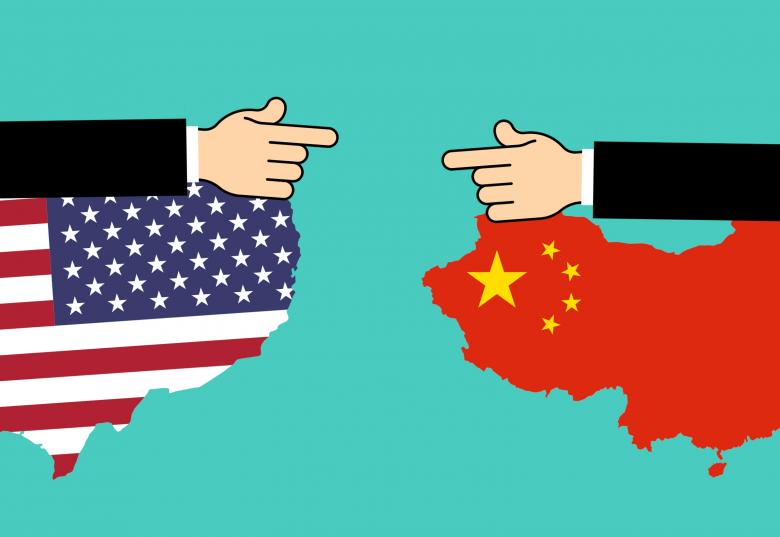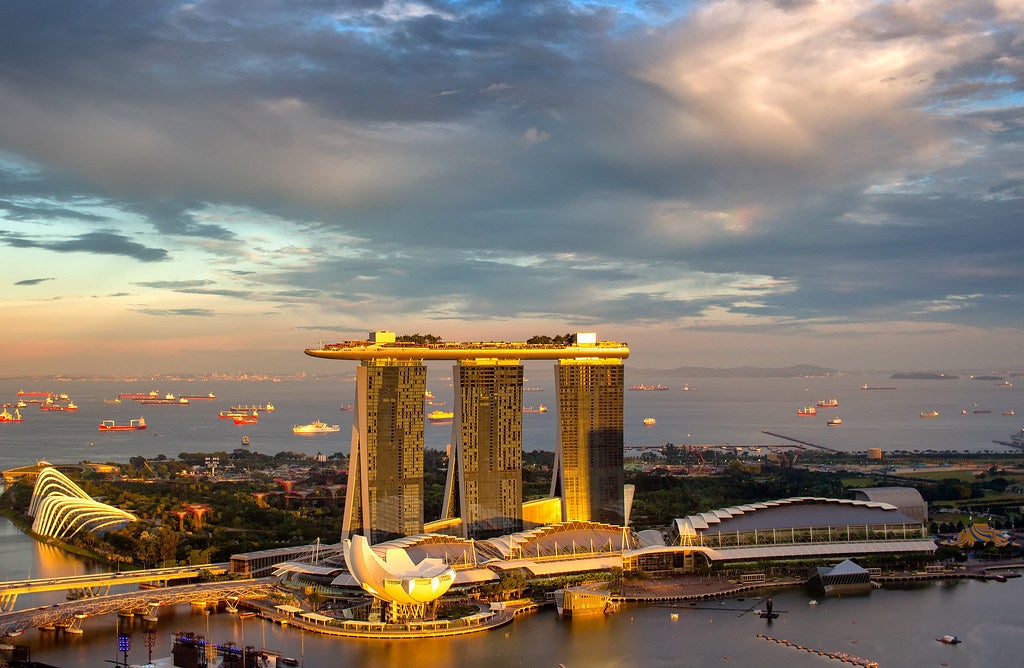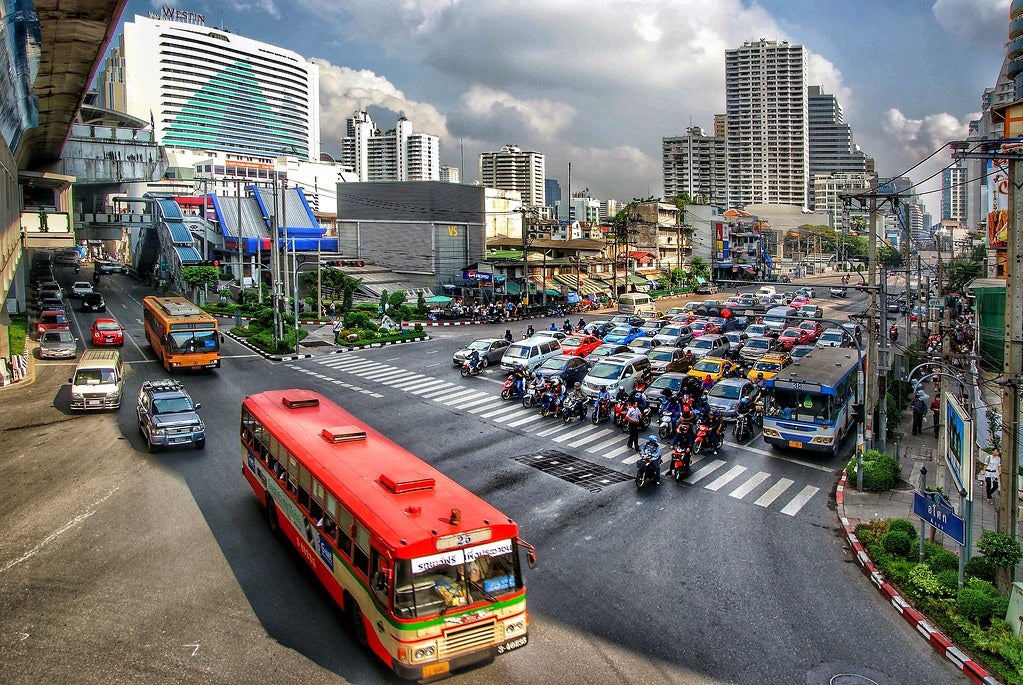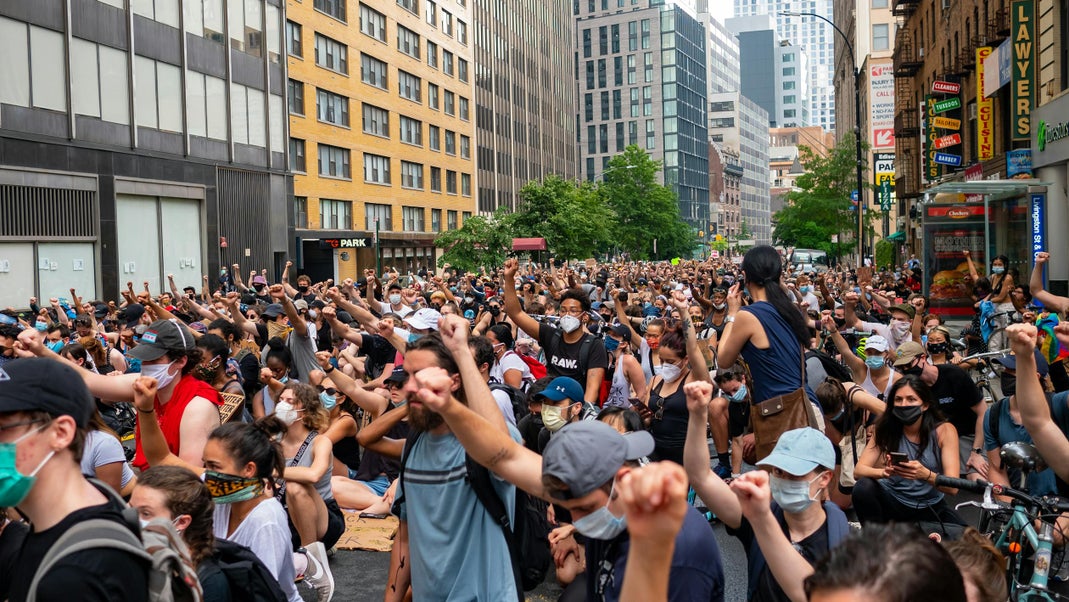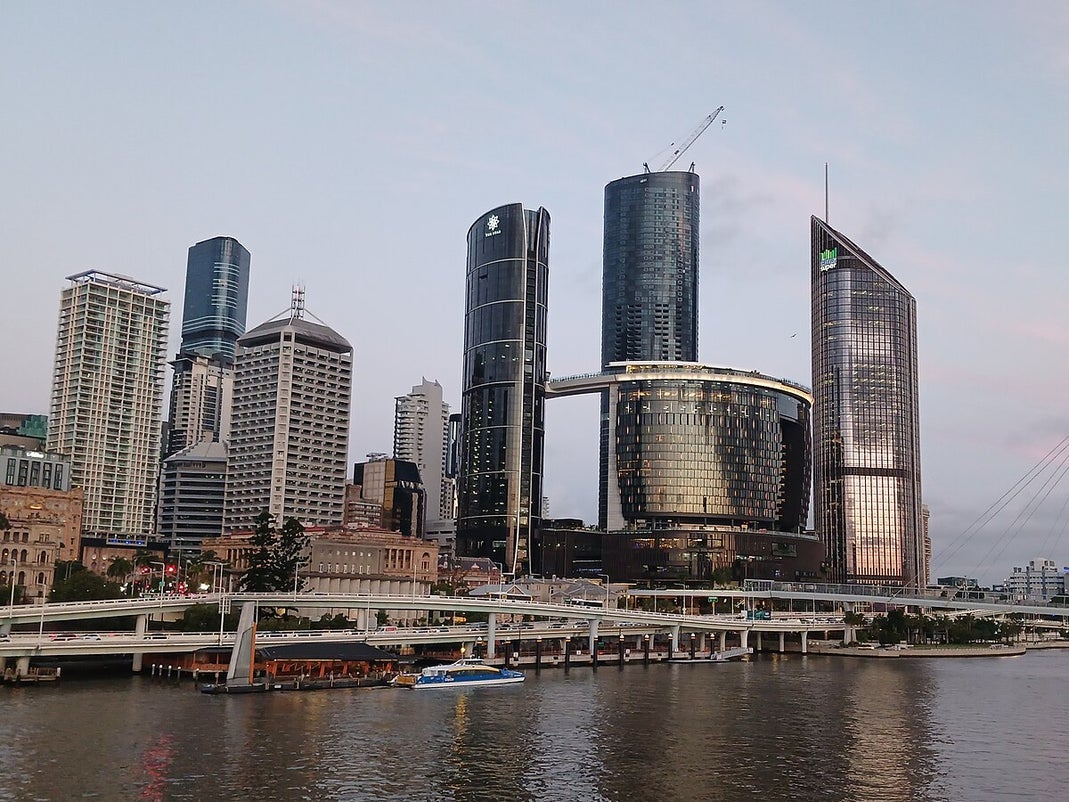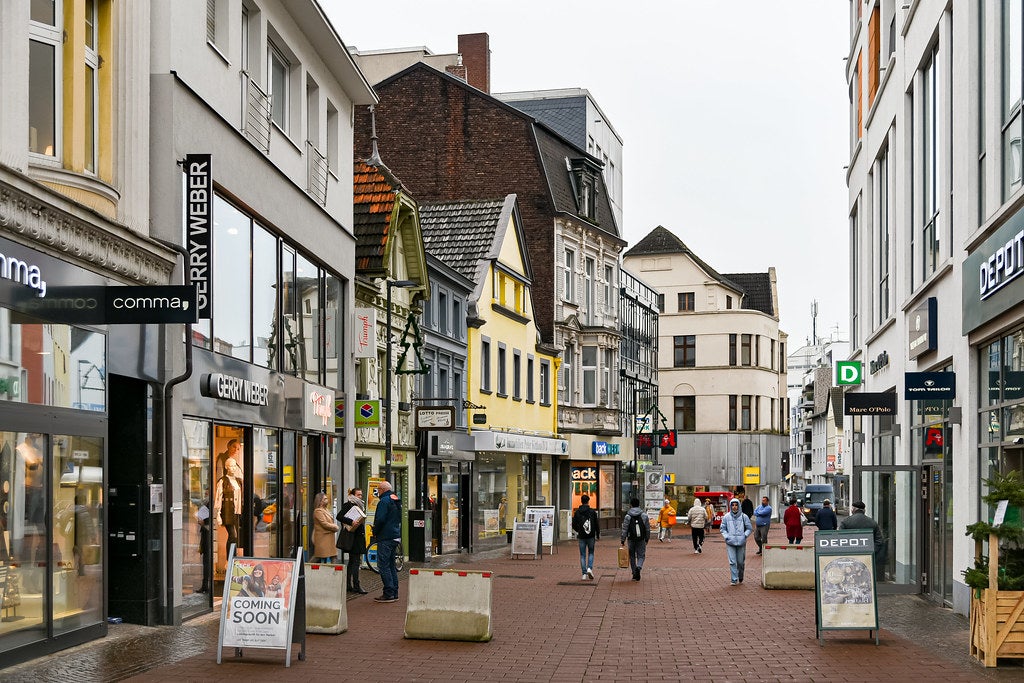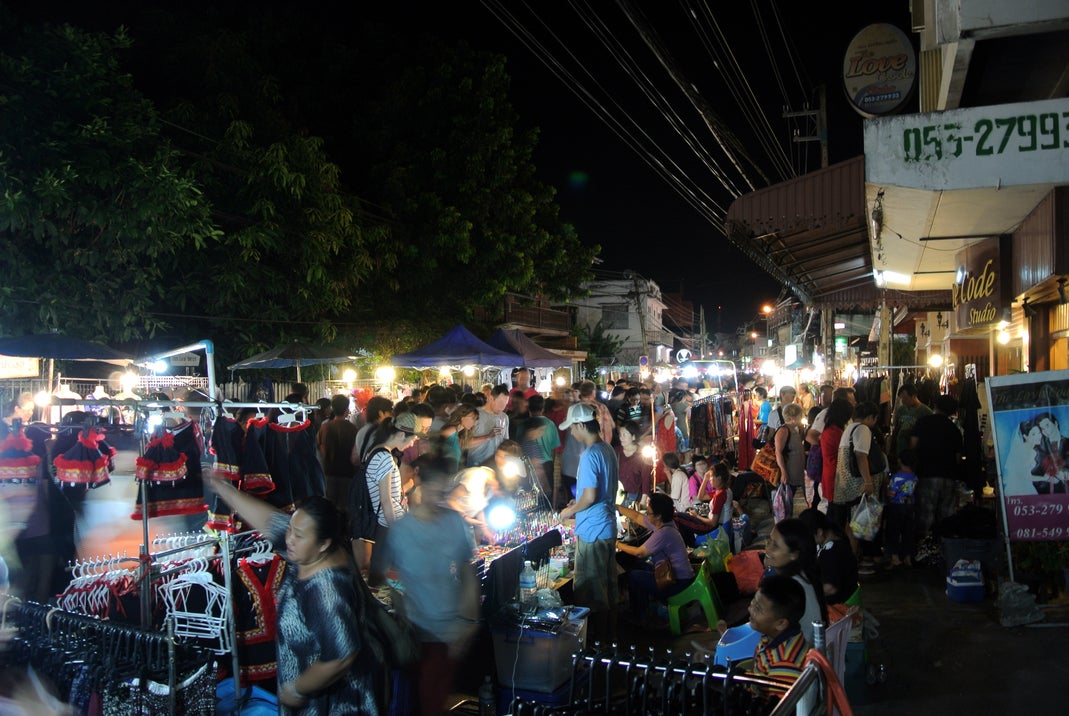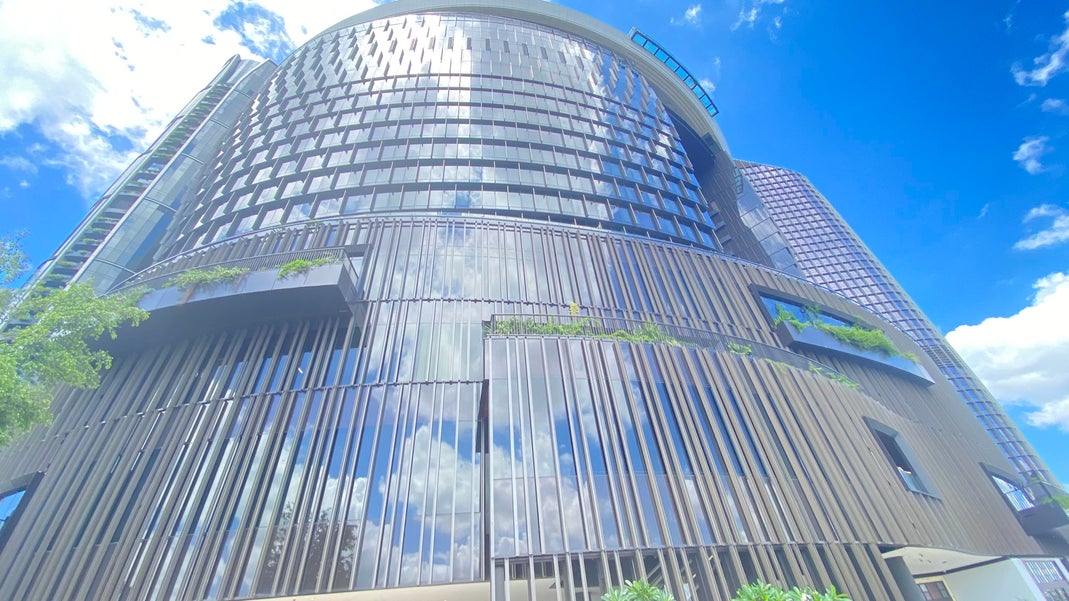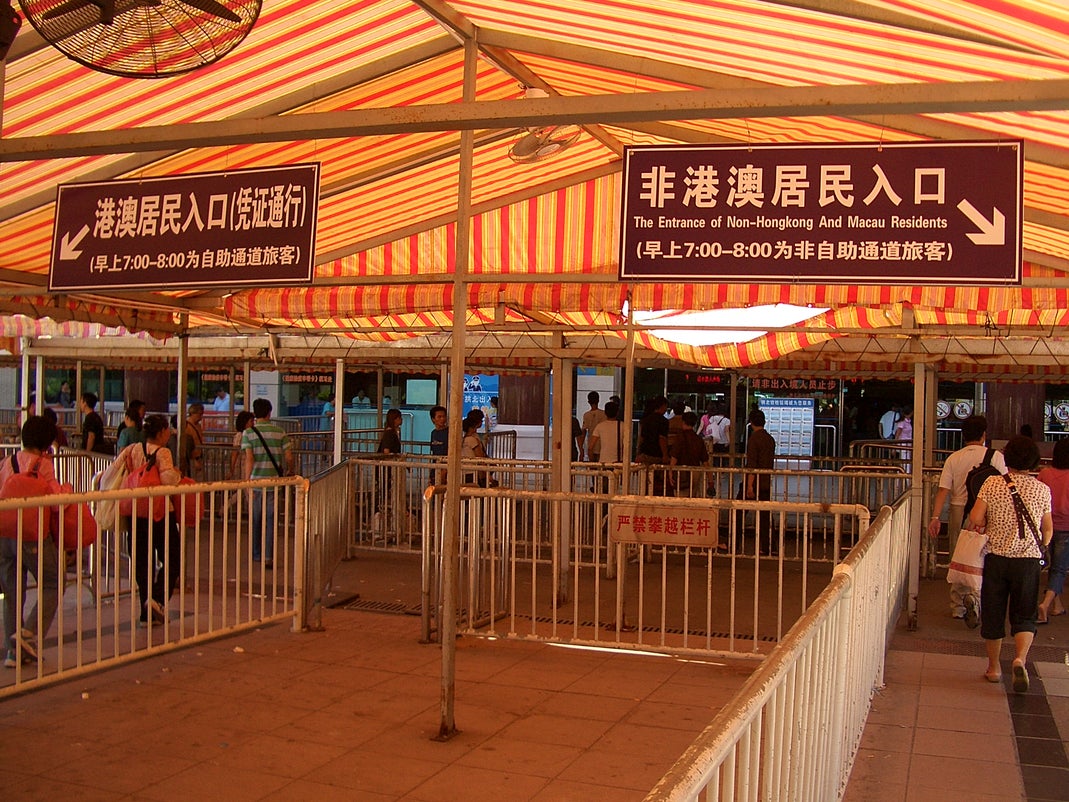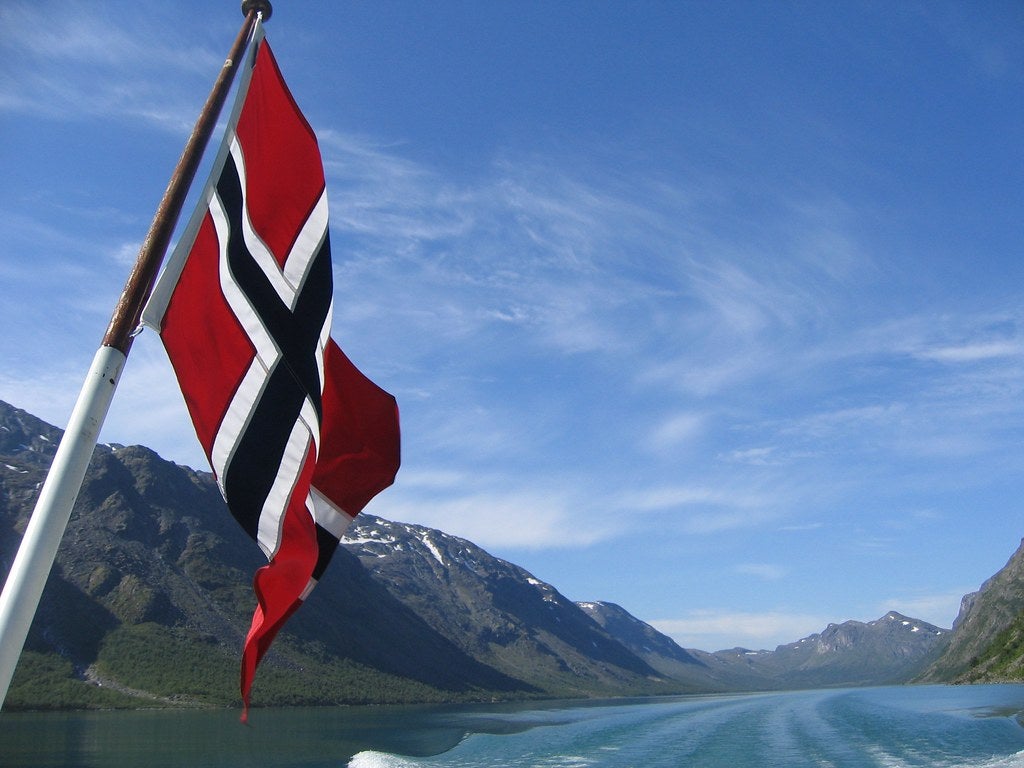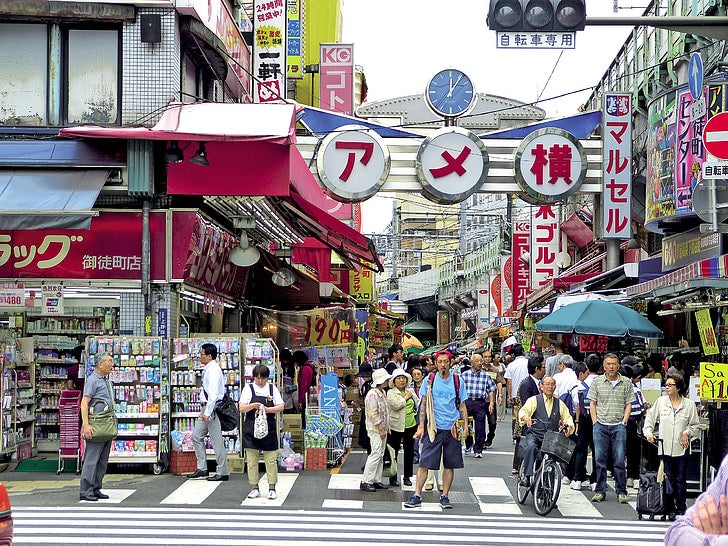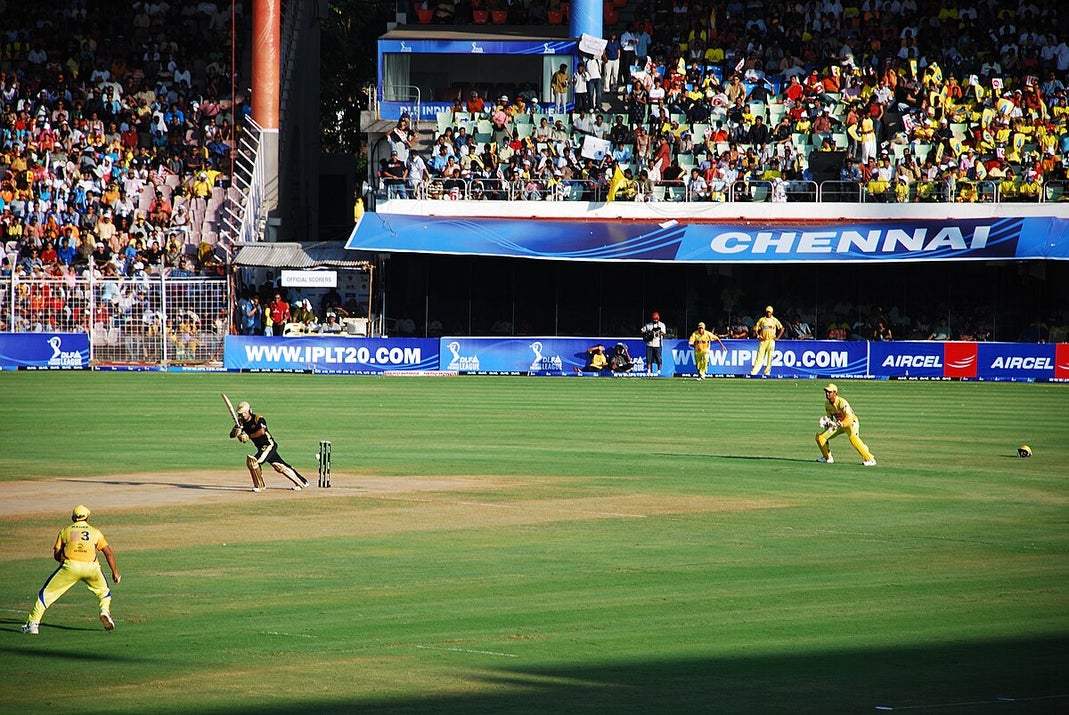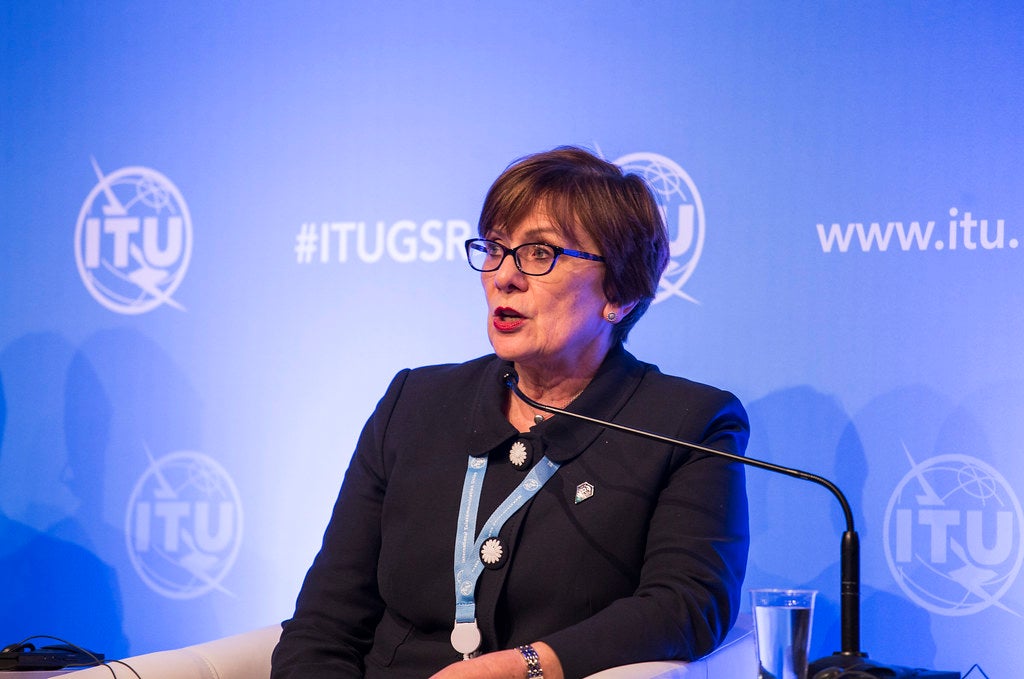Strict Limits on Local Participation
A focal point of controversy in Thailand's proposed casino bill centers on stringent eligibility criteria for locals. According to the bill, Thai nationals will have to pay THB 5,000 (US$150) for casino entry and maintain at least THB50 million (about US$1.4 million) in their bank accounts.
Critics argue that this financial barrier would render most of the population ineligible, considering that the per capita gross domestic product (GDP) is about US$7,300. Accordingly, the policy goes against the stated goal of curbing gambling addiction through accessibility limits.
Potential Societal Risks
Thailand's finance minister, Julapun Amornivivat, initially indicated openness to revisiting the financial rules during pre-submission consultations, recognizing its potential to stifle local engagement. However, the cabinet ultimately retained the provision, leaving potential changes to parliamentary debate.
Gaming analysts warn that the policy will create an existential risk for the casino-integrated resort model. Industry experts noted the move could result in investor apprehension, calling it an “absolute deal-breaker”—others advocate for income-based eligibility metrics, such as a three-year tax record. Still, skepticism persists in balancing revenue goals and social safeguards.
Divided Public Opinions
Public opinion on Thailand's casino legalization push indicates varying results. An online public hearing conducted by the government between February 28th and March 14th indicated overwhelming endorsement, with 80% of 71,300 participants; most cited economic benefits. However, surveys by other bodies like the National Institute of Development Administration (NIDA) highlight apprehension about the project's societal risks.
Opposition has inspired grassroots activism, including a protest by about 80 demonstrators assembled outside Government House last week. Thailand Against Gambling Expansion and other advocacy groups maintain that casino legalization in emerging economies like Thailand often amplifies inequality rather than ending poverty. A coalition of NGOs has banded together and submitted a petition demanding legislative reversal, now under review by the Prime Minister's Office.









